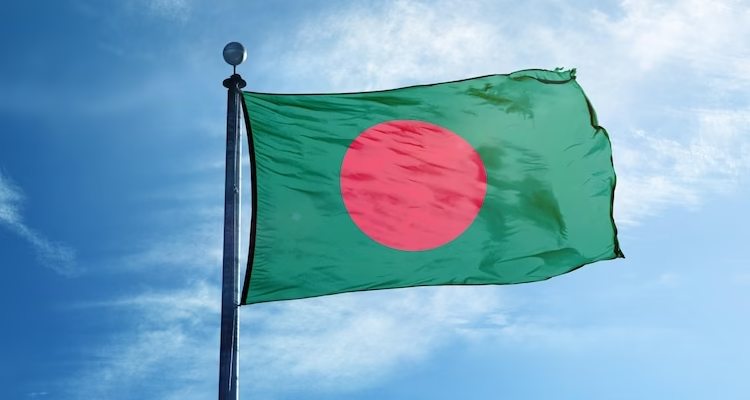
 by Nava Thakuria
by Nava Thakuria
There are indications emerging from Bangladesh that the country may hold national elections this year if the concerned political parties agree to accept minimal reforms in various administrative, financial, and electoral agencies, with assurances that the winning representatives in the Jatiya Sansad (National Assembly/Parliament) will continue pursuing these reforms. Professor Muhammad Yunus, who took the leadership of an interim government in Dhaka after Prime Minister Sheikh Hasina was ousted by a student-led mass movement in July-August 2024, continues to assert that Bangladesh needs major reforms in several sectors, including civil and police administration, anti-corruption departments, financial institutions, and the judicial and electoral systems, in order to get the Muslim-majority nation back on track. The caretaker government head has already directed the responsible authorities to prepare for general elections by December 2025. The 12th Parliamentary elections, held on January 7, 2024, were won unilaterally by Hasina’s Awami League party.
Recently, over 20 political parties, including the Bangladesh Nationalist Party, Bangladesh Jamaat-e-Islami, and the newly-formed National Citizen Party (NCP), among others, submitted their opinions to the National Consensus Commission, which plans to engage with other political parties in the coming days. Headed by Prof. Yunus, the commission sent recommendations to nearly 35 political parties, seeking their opinions. These recommendations were drawn from five reform commissions: the constitution reform commission, public administration reform commission, electoral system reform commission, judiciary reform commission, and administrative reforms commission. As of now, Hasina’s party has not participated, and it remains uncertain whether the Awami League will be allowed to join the elections.
However, Prof. Yunus recently made a public statement clarifying that the interim government does not plan to ban the Awami League, which has ruled Bangladesh for the last three consecutive terms (2009–2024). He did, however, assert that all individuals within the Awami League, including Hasina, who are accused of mass crimes, will have to face trial. Many political leaders and influential figures involved in the monsoon (July-August 2024) revolution criticized Prof. Yunus for his soft approach toward the Awami League. Some even alleged that Bangladesh Army Chief Waker Uz Zaman was advocating for the party’s participation in the elections, claiming that it was part of a conspiracy to rehabilitate Hasina’s party as a ‘Refined Awami League’ and ultimately bring the deposed prime minister back from India. However, the Bangladesh Armed Forces rejected all such allegations, making it clear that they had no interest in installing any political party. NCP convener Nahid Islam called for the banning of the Awami League and asserted that no attempt to rehabilitate the ‘fascist party’ would be tolerated. Referring to Hasina’s party as a terrorist outfit, the young leader commented that the Awami League could no longer be considered a political party. Jamaat-e-Islami chief Shafiqur Rahman also warned that the process of rehabilitating Hasina and her party would not be accepted by the people of Bangladesh.
Currently, Bangladesh’s lone Nobel laureate, Prof. Yunus, is hoping to meet Prime Minister Narendra Modi for a one-on-one discussion during an important summit in Bangkok. His administration in Dhaka has already made a formal request to the Indian government for a bilateral meeting with PM Modi on the sidelines of the Bay of Bengal Initiative for Multi-Sectoral Technical and Economic Cooperation (BIMSTEC) summit, scheduled for April 2-4 in the Thai capital. India’s Foreign Minister S. Jaishankar stated that the proposal is under consideration, but political observers believe that such a meeting is highly unlikely. There may be many reasons, but recent developments are likely to deter PM Modi from meeting Prof. Yunus in Bangkok.



